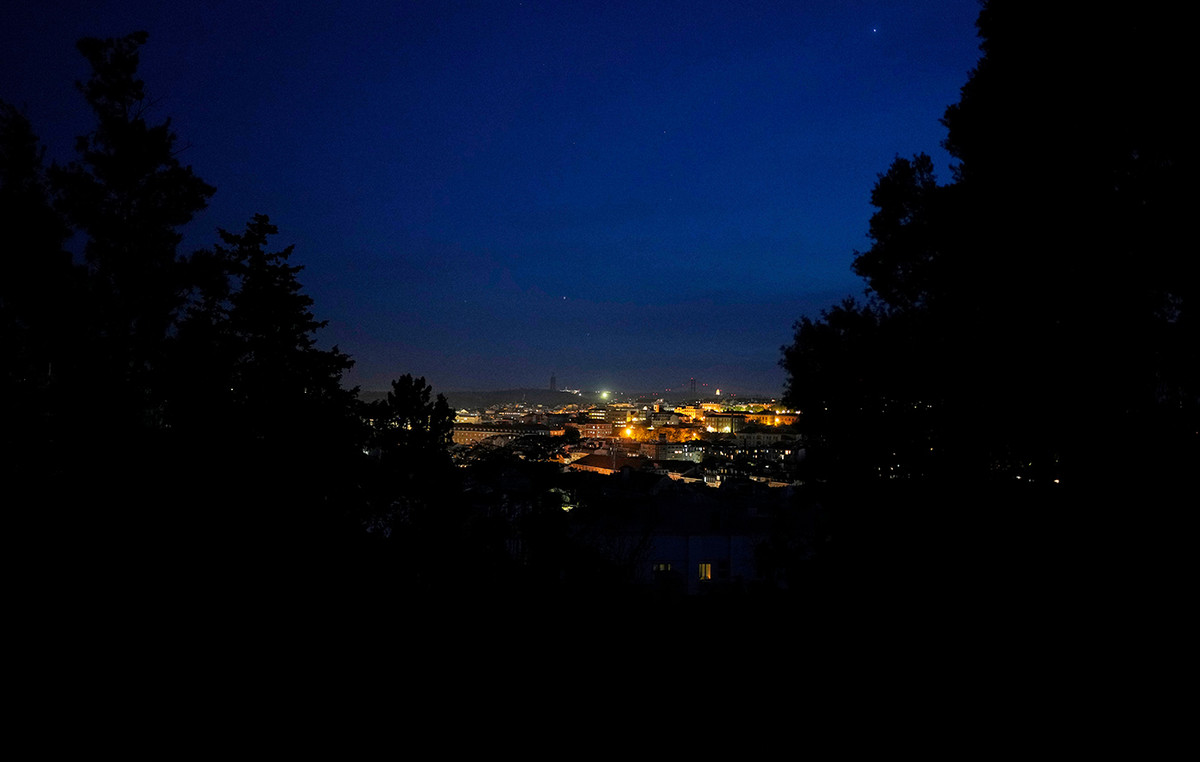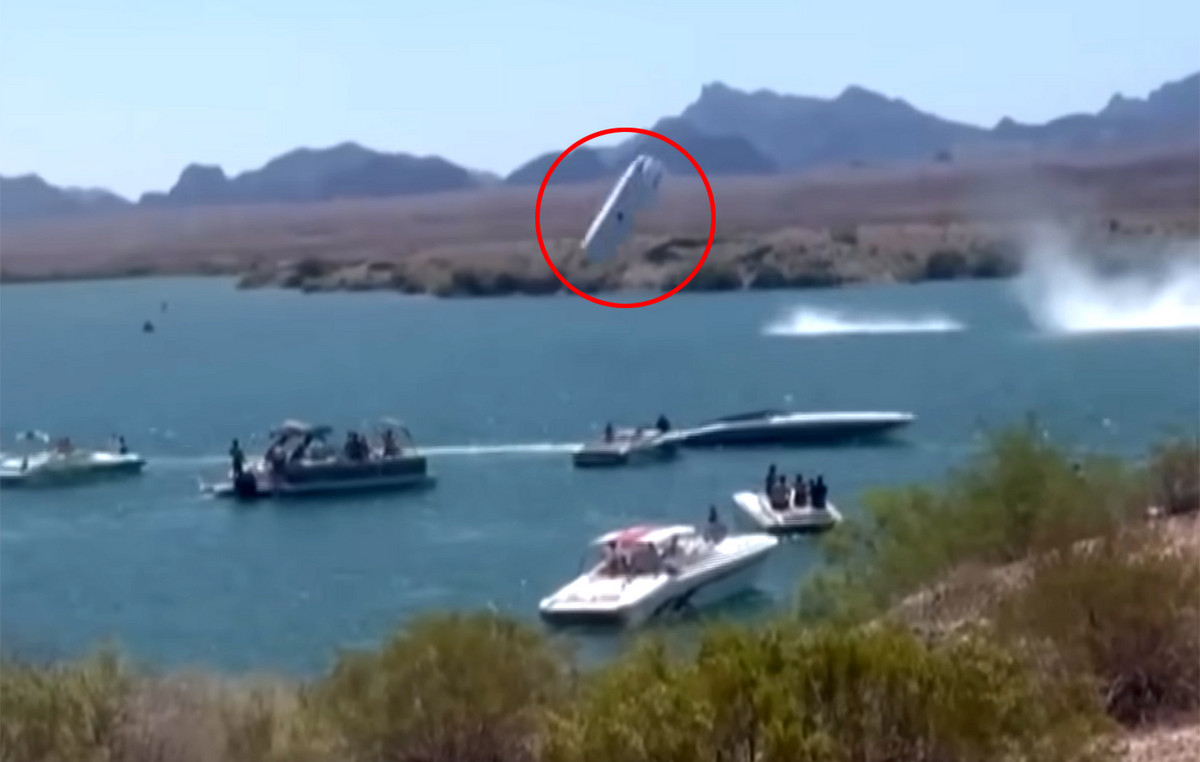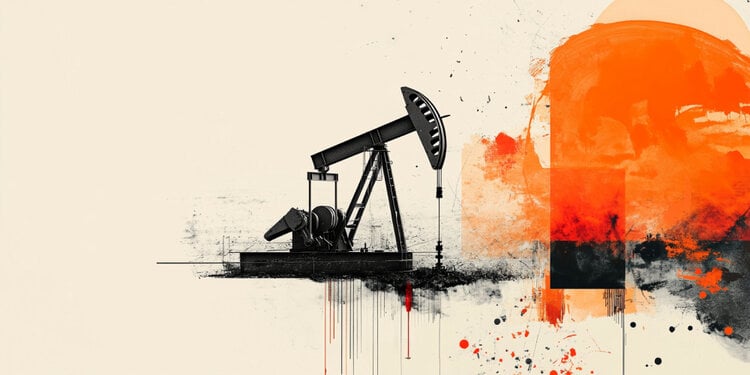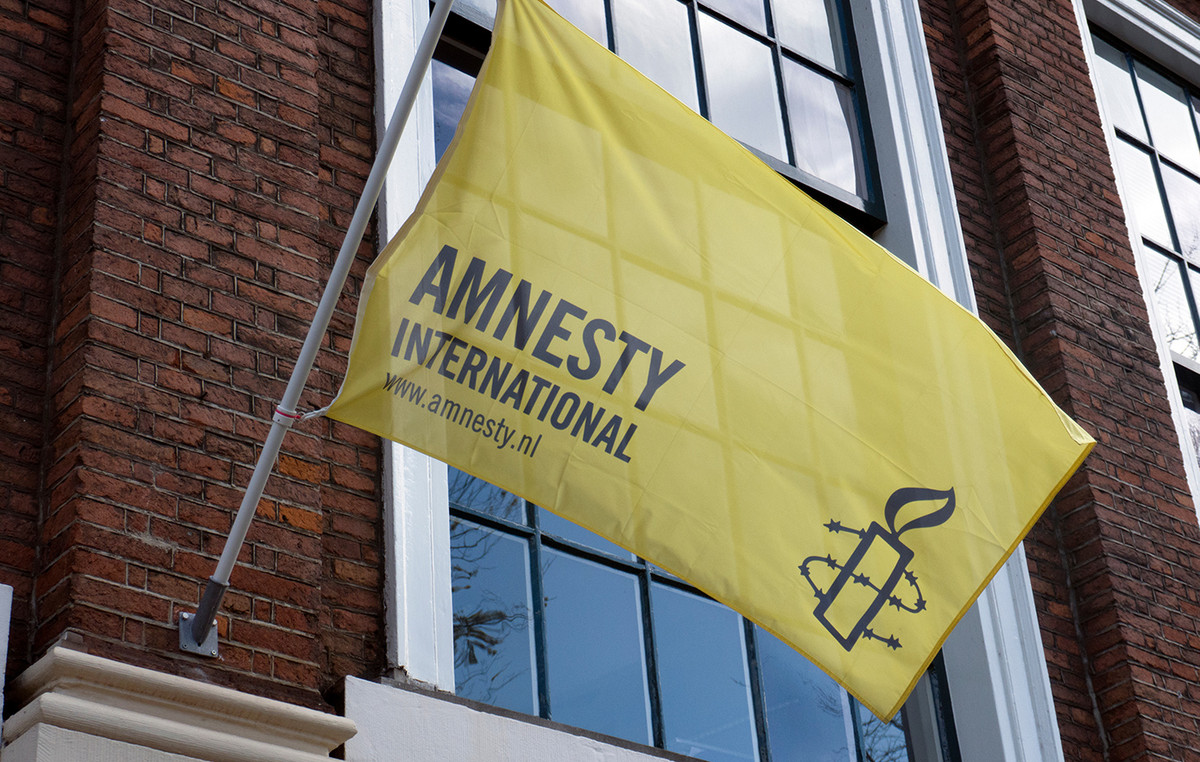A Latin America records, throughout its history, joint movements of their countries by different government systems and socioeconomic policies.
The declarations of independence in the early 19th century; the sequence marked by populist regimes, military dictatorships and neoliberal democratic governments throughout the 20th century; and the left and center-left governments that dominated the early 2000s are examples of these trends spread across the region.
Since 2015, influenced by a conservative wave that was reflected in different parts of the world, several Latin Americans broke with the forces of the left and “swung” to the right. This is what happened with Brazil, Argentina, Colombia, Uruguay, Chile and Ecuador, among others.
In the passage from 2021 to 2022, however, the scenario is blurred. Some countries veered back to the left, such as Argentina and Chile. Leaders on the right, such as Jair Bolsonaro, Chilean Sebastián Piñera and Ecuadorian Guillermo Lasso suffered from internal strain and turmoil.
In addition, there are governments that hold elections and declare themselves democratic, while moving towards a regime of suppression of rights, concentration of power and repression of the opposition, such as Venezuela, Nicaragua and El Salvador.
The lack of cohesion between countries and the generalized scenario of economic and health crisis, in addition to possible threats against democracy, marked the Latin American 2021 and are on the agenda for next year – when the largest country in the region, Brazil, will have presidential election, which also affects neighbors.
To assess these and other themes, the CNN heard the experts Regiane Bressan, professor at the Department of International Relations at the Federal University of São Paulo (Unifesp); Argentinean Mariana Llanos, researcher and political scientist at the German Institute for Global and Regional Studies; Tomaz Paoliello, professor of International Relations at the Pontifical Catholic University of São Paulo (PUC-SP); and Bruno Theodoro, researcher and member of the Research Network on Foreign Policy and Regionalism.
fragile democracies
“Although Latin Americans value direct elections, their political participation often stops there,” says Regiane Bressan. She cites the concept of delegative democracy, developed by Argentine political scientist Guillermo O’Donnell to define the way in which the region’s population relates to their governments.
“The main idea is that the person votes and delegates all power to the president. She doesn’t understand the president as a driver of national politics who needs to follow democratic institutions. This makes room for governments elected by vote to start breaking with the bases of democracy, regardless of the political-ideological spectrum”, summarizes Bressan.
This was one of the themes that dominated Daniel Ortega’s fourth re-election in Nicaragua in November, marked by the arrest of candidates and accusations of fraud.
The Sandinista leader, who has been in power since 2007, has a trajectory compared to another left-wing Latin American president: Venezuela’s Nicolás Maduro. Their support for the communist regime in Cuba reinforces the opposition’s criticisms.
“Daniel Ortega has been breaking the rules of the game and walking in a similar way to Maduro’s trajectory. It is an oppressive government, which holds the opposition, and claims to be democratic using the elections as an argument”, says the professor at Unifesp.
She includes Brazil in the analysis: “The Bolsonaro government threatens the elections, casts doubt on electronic voting machines, praises authoritarian regimes and attacks the press”, she says. “This is a typical feature of the region, which is repeated in other countries.”
Misalignment in Mercosur
Turbulence and fragmentation directly affect the Mercosur, the main South American bloc. Today, the group has Brazil, Argentina, Paraguay and Uruguay as member states, seven associated countries (Chile, Bolivia, Colombia, Ecuador, Guyana, Peru and Suriname) and one suspended member (Venezuela).
“Mercosur is going through a total misalignment”, says Bruno Theodoro. He cites conflicts between Argentina and Uruguay over the possibility of negotiations outside the bloc – a banner defended by Montevideo, who wants to make isolated agreements with the China.
“There was a live exchange between presidents Alberto Fernández [Argentina] and Luis Lacalle Pou [Uruguai], in March, which symbolized the lack of integration of the group.”
Regiane Bressan, in turn, understands that the bloc is even more weakened by Brazil’s current posture.
“The Bolsonaro government, which has political differences with Fernández, is trying to empty Mercosur. The only reason he does not take greater steps in this regard is because he sees the possibility of finally closing the free trade agreement with the European Union“, says the teacher.
This negotiation, however, is also stuck. THE France and other European countries argue that Brazil’s environmental problems make it impossible to sign the agreement.
The French government is also under strong pressure from domestic agricultural sectors, which do not want South American products to be unloaded at reduced tariffs.
“It is a super complex agreement, negotiated over 20 years ago, because they are two regional blocs with several member states and different political leaders, which change over time. And the agricultural sectors in Europe are very frightened by this possibility”, summarizes Bruno Theodoro.
It is very difficult for Europeans to approve the agreement. Without it, Mercosur is left to restructure itself, seek cohesion and, who knows, think about new projects
Bruno Theodoro
Disunity in the pandemic
Another historical feature of Latin America that contributes to political instability, according to researcher Mariana Llanos, are the social problems and scarcity of resources that affect a large part of the population.
“People have been suffering, for a long time, from social inequality, insecurity, lack of access to justice, which the political system is unable to resolve. They realize that their demands are not being met and are discouraged, apathetic and even angry with the policy”, he says.
The two years of coronavirus have further damaged this scenario, generating economic crises, unemployment and a significant increase in the population below the poverty.
All countries suffered serious consequences from the pandemic, albeit unevenly. They had increased inflation, decreased export tax and other problems. This puts us in the same boat
Tomaz Paoliello
The scenario was not enough, however, to promote joint policies to combat the health problem. The lack of unity between governments, potentiated by ideological differences, represented another obstacle in this regard.
Researcher Bruno Theodoro cites the disappearance of Union of South American Nations (Unasur) as a factor that indirectly contributed to the lack of integrated action in this crisis.
Created in 2008 by left and center left governments, Unasur went into decline with the rise of leaders linked to the right who were critical of the bloc. Over the past four years, Argentina, Brazil, Chile, Colombia, Paraguay, Peru, Ecuador and Uruguay have left the group.
According to Bruno Theodoro, Unasur, even with its origins linked to the left, had an important regional integration mechanism: the South American Health Council, which could have drawn up a collaboration plan and suggested policies to contain the coronavirus in the continent.
Moving in Chile
Chile experienced unrest and elections in 2021. In his final months in office, President Sebastián Piñera was nearly impeached on corruption allegations – the Senate narrowly rejected the request – and had a term marked by protests and low popularity.
The two candidates who reached the second round of presidential elections in December came neither from the traditional right, like Piñera, nor from the center-left, like former president Michelle Bachelet.
The dispute was between Gabriel Boric – former student leader and representative of the left – and José Antonio Kast, of the extreme right, sympathizer of the dictator Augusto Pinochet. “They symbolized the crisis in the representation of traditional politicians in Chile,” says Mariana Llanos.
Boric, 35, took the victory and became the youngest president in Chilean history. “Since he belongs to the student movement, he is in a wing a little more to the left than politicians like Bachelet, for example, and he should take some of the demands of this group to his government”, says Regiane Bressan.
But Boric will also need to talk to the center left, which could make him more moderate
Regiane Bressan
According to Tomaz Paoliello, Boric’s election strengthens the efforts of the Chilean Constituent Assembly, which is responsible for drawing up a new charter for the country. If this new set of laws is approved by the population, it will replace the current Constitution, enacted during the Pinochet dictatorship.
“In the end, the presidential election was the Constituent Assembly’s second round,” says Paoliello, citing the opposing positions of Boric, supporter of the new charter, and Kast, who defends the current Constitution.
From election to violence in Ecuador
Like Chile, Ecuador also had disturbances and elections in 2021. Upon being elected president of Ecuador in April, businessman and banker Guillermo Lasso promised to speed up vaccination and contain the pandemic that, a year earlier, had collapsed the funeral system in the country. parents.
At the time, images of bodies strewn across the streets of Guayaquil traveled the world and symbolized the pandemic crisis in Ecuador as one of the worst on the planet.
Lasso’s victory, the conservative, also represented a change after 14 years of leftist governments, with Rafael Correa and Lenín Moreno. High vaccination rates at the start of the administration boosted its popularity, but the favorable climate did not last long.
In addition to facing protests in the second half of the year, Lasso had to deal with an escalation of street violence.
“Ecuador has been facing a wave of violence by the state justified by the fight against drug trafficking,” says Regiane Bressan. “But, as much as this historical problem generates difficulties, the Guillermo Lasso government encourages an unbridled violence that breaks with the rule of law.”
Prolonged crisis in the Argentine economy
In Argentina, President Alberto Fernández enjoyed some popularity for tackling the pandemic in 2020, but he had a tougher 2021. “The pandemic crisis has returned and aggravated the economic crisis. This undermined the government, which is now weakened”, analyzes Paoliello.
Two years ago, Fernández brought the left back to power after the administration of conservative Mauricio Macri. The country’s scenario is, however, one of few changes: galloping inflation, low purchasing power of the population and foreign debt.
“There are basically 20 years of crisis in Argentina”, summarizes Regiane Bressan. “The fact that the country has historically bet more on a strong currency than on protecting its industry made it difficult to get out. Argentina is little industrialized, especially compared to countries like Brazil and Colombia.”
Reference: CNN Brasil
I’m James Harper, a highly experienced and accomplished news writer for World Stock Market. I have been writing in the Politics section of the website for over five years, providing readers with up-to-date and insightful information about current events in politics. My work is widely read and respected by many industry professionals as well as laymen.







